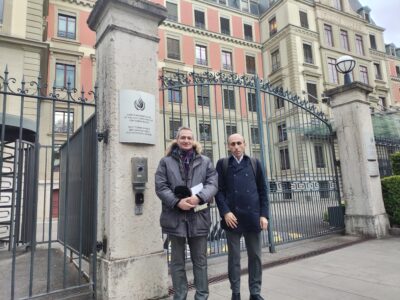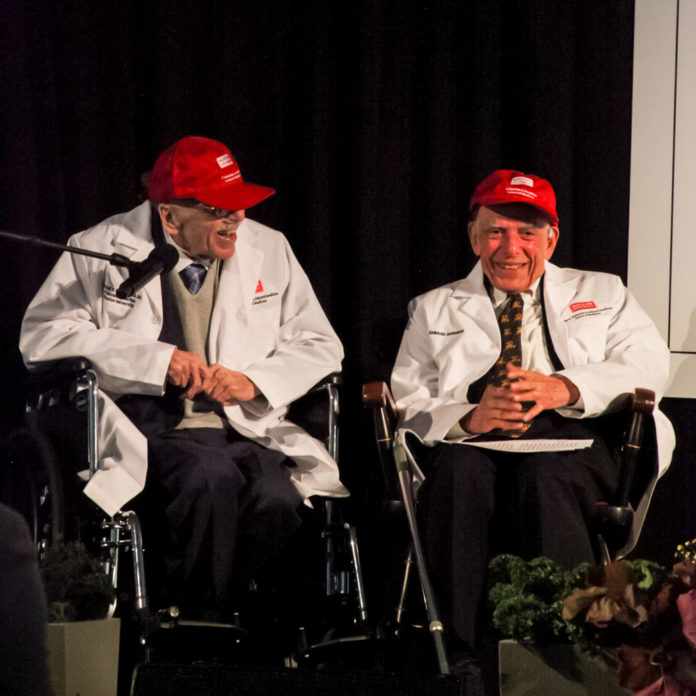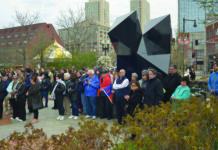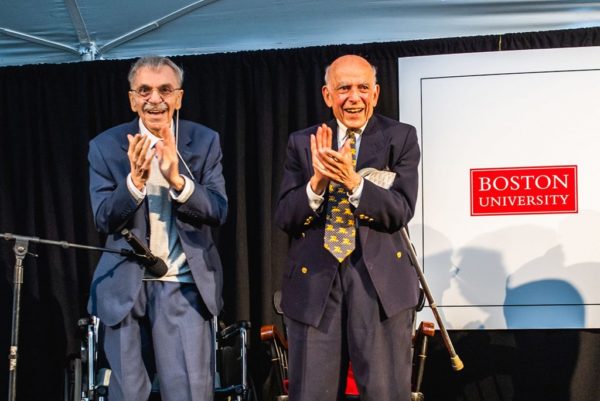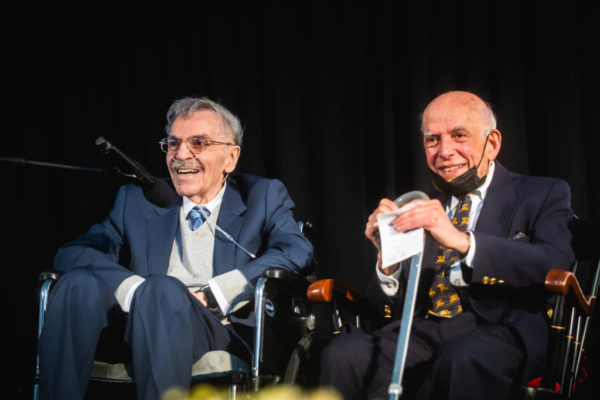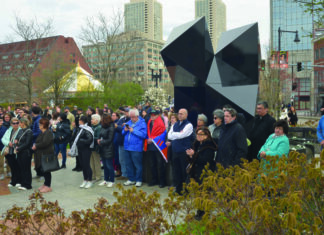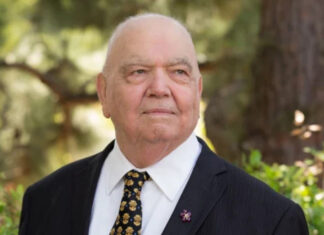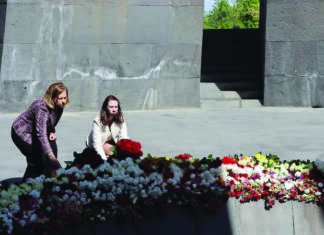BOSTON — By now, most people have heard the story of the incredible donation of $100 million by Edward Avedisian to the Boston University School of Medicine, and its renaming as the Boston University Aram V. Chobanian & Edward Avedisian School of Medicine.
What is even more incredible is the humility of Avedisian and Dr. Aram Chobanian, childhood friends from back in Rhode Island and descendants of the Armenian Genocide, both of whom reached stratospheric heights in their fields. What is more, neither hogs the limelight yet both make life better for the world in general.
Chobanian is no stranger to Boston University; the world renowned cardiologist was named dean of the School of Medicine in 1988, dean of the Boston University Medical Campus in 1996 and appointed interim president of the university in 2003, and president in 2005.
Avedisian has been a musician of renown in the Boston classical music community, performing for three decades with the Boston Pops and 43 years with the Boston Ballet Orchestra as a clarinetist. He has also taught clarinet at the university level and then made it his mission to donate his fortune, which he made through incredible investment acumen.
“It’s a wonderful feeling in one way,” said Chobanian. “We were friends and [with] family history that goes back more than a century.”
As for the names that will now grace the name of medical school, Chobanian said, “It is nice to see our friendship cemented this way. And it is nice to see Armenians being recognized.”
